collapse >>
Search for Articles
Join Webinar on Tuesday, May 13 at 7PM ET to Protect Our Postal Pensions!
May 12, 2025
Postal and Federal Pensions are at risk – APWU will be hosting a Legislative webinar on Tuesday, May 13 at 7-8PM ET titled Protect Our Pensions: Fight Back Against Proposed Retirement Cuts to explain its devastating impacts and how we can combat...
Statement by APWU President Mark Dimondstein on the Selection of the Next Postmaster General
May 9, 2025
On May 9, 2025, the Postal Board of Governors announced the selection of David Steiner as the next Postmaster General. Steiner is now going through an internal vetting process and is expected to assume the position sometime in July.
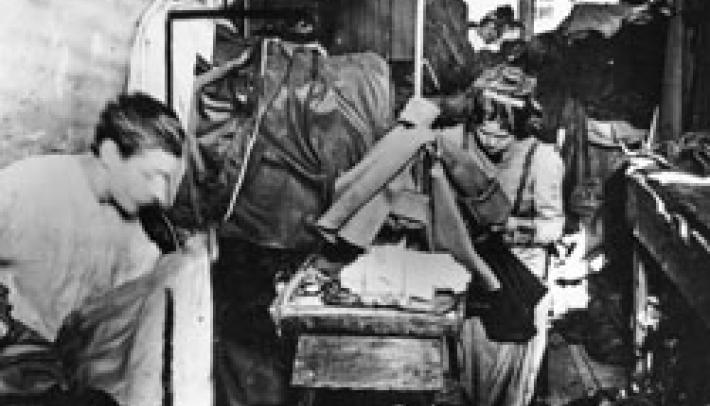
Sweatshop Tragedy Ignites Fight for Workplace Safety
February 29, 2004
As women unionists struggled for better wages and working conditions, a tragic fire in New York City 93 years ago captured the nation’s attention and forever changed the course of labor history.
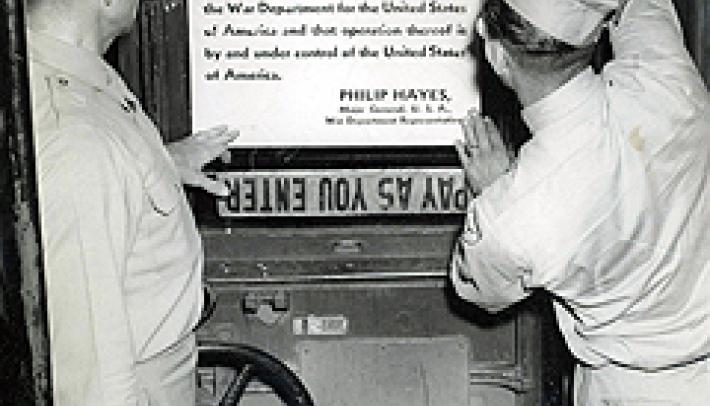
Union’s Anti-Discrimination Stance At Heart of WWII- Era Transit Strike
December 31, 2003
For five tense days in august 1944, a renegade faction of Philadelphia’s transit workers brought the city’s 2,600 trolleys, buses and trains to a standstill. The wildcat strike – staged to keep Black workers out of higher skilled jobs — was broken...
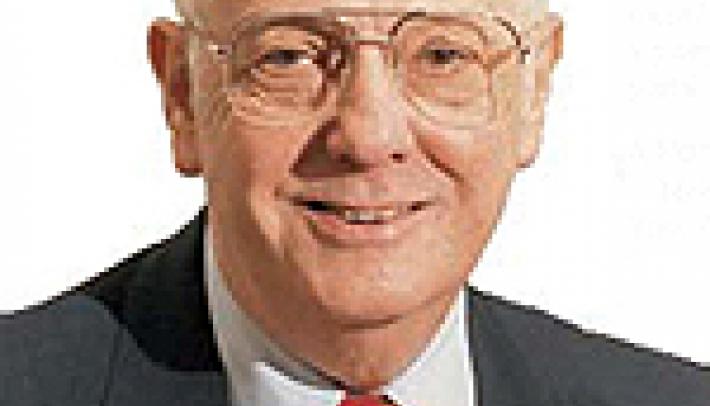
Moe, Remembered
October 31, 2003
Feisty, fiery, irascible, crusty, blunt, and tough — all terms used on the national stage, and with regularity, to describe Morris “Moe” Biller, who died Sept. 5, 2003, in New York. Moe was described in such ways for most of his 87 years. But those...
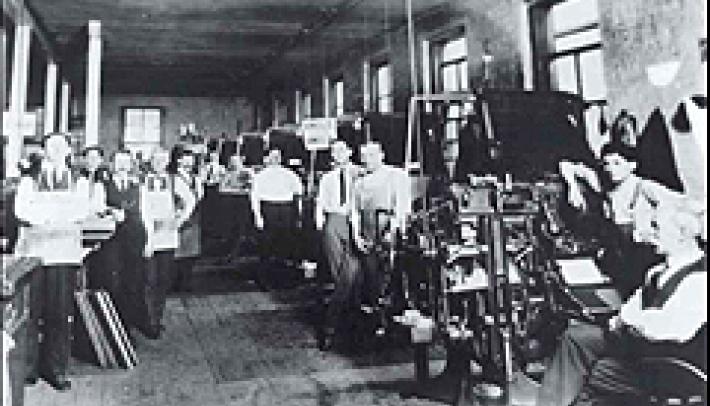
Newspaper Union Survives 150 Years of Changes, Then All But Disappears
June 30, 2003
In the middle of the 15th century, Johannes Gutenberg combined his knowledge of molten metal with a colleague’s wine press to create the first publication to rely on reusable type. The German goldsmith’s invention of “movable” type launched both a...
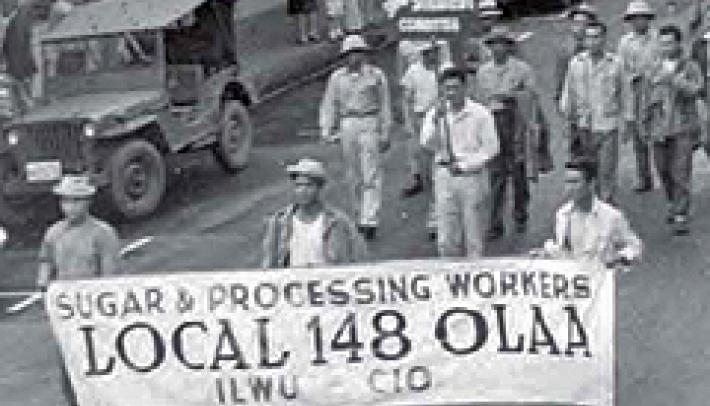
Labor Organizing Changed the Hawaiian Islands Forever
April 30, 2003
The birth of the Hawaiian labor movement was a painful experience, marked by a number of failed job actions on the islands’ sugar-cane plantations over the course of 50 years. The largely Asian workforce learned bitter lessons from several failed...



